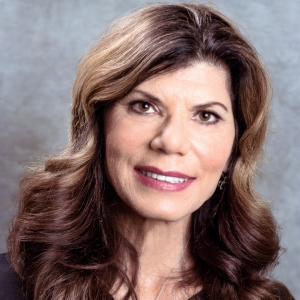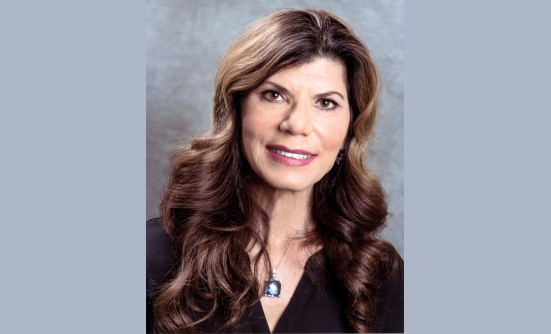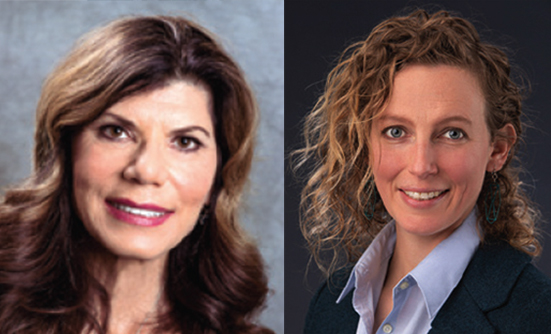
Nancy Litterman Howe, PhD(c)
Arizona State University Edson College of Nursing and Health Innovation
Phoenix, Arizona
Cancer survivor
Phoenix, Arizona
Cancer survivor
Authored Items

June 2023 Vol 9 No 3
Weaving activity breaks throughout your day is a great way to create new healthy exercise
habits—here’s how. Read More ›

August 2022 Vol 8 No 4
In her book Moving Through Cancer: An Exercise and Strength-Training Program for the Fight of Your Life, Dr. Kathryn Schmitz explains the importance of exercise during and after cancer, offering a step-by-step plan of action to help survivors heal their bodies and souls. Read More ›

December 2020 Vol 6 No 6
Cancer survivor Nancy Litterman Howe, MS, CES, dissects the function of cancer rehabilitation and the different treatment options that can improve physical function for patients. Read More ›

August 2020 Vol 6 No 4
Nancy Litterman Howe, an avid athlete, found out that exercise did not protect her from cancer but could help her heal. Read about her new focus on helping other patients through exercise, and what the National Coalition of Cancer Survivors may offer you.
Read More ›

October 2019 Vol 5 No 5
Many patients with cancer and cancer survivors suffer from pain and impaired functioning as a result of cancer treatment, even years after the treatment is over. Nevertheless, only a few people receive proper care to address these issues through cancer rehabilitation. Read More ›

December 2017 Vol 3 No 6
Andrea Brennan, a certified lymphedema therapist, sheds light on the challenges faced with lymphedema associated with breast cancer and debunks several myths about the disease. Read More ›

April 2017 Vol 3 No 2
Almost all women who have received treatment for breast cancer have a list of questions that they find difficult to ask during a clinical visit with their oncologist. Read More ›

December 2016 Vol 2 No 6
“People convince themselves they are living a healthy lifestyle, doing their 30 minutes of exercise a day. But they need to think about the other 23.5 hours,” says Dr. Emma Wilmot, University of Leicester, England. Read More ›




